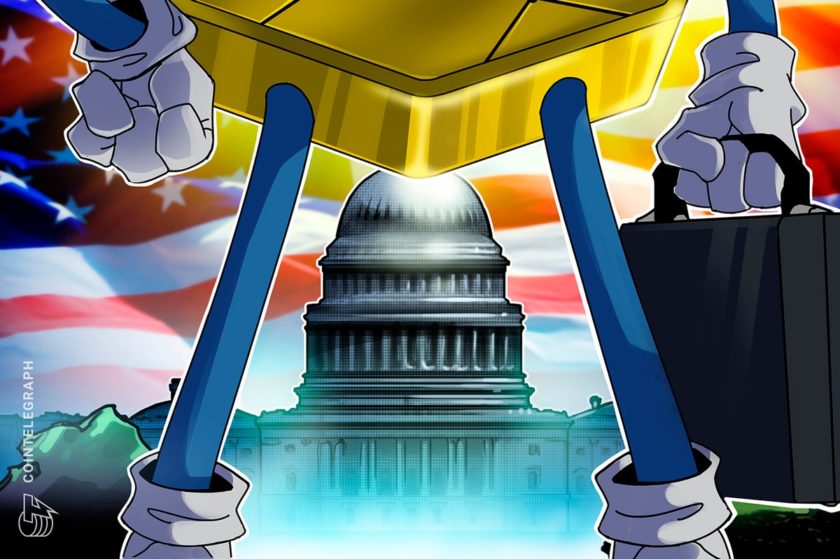The United Kingdom’s Department for International Trade recently published its agenda for negotiation of a Free Trade Agreement (FTA) with the United States. Contained within the wide-reaching document, blockchain is identified as one area in which businesses and the country will benefit from an FTA.
The document sets out the U.K. government’s position coming into the negotiation of a post-Brexit FTA with the U.S.
It lays out the country’s key objectives for such an agreement and ring-fences certain institutions and protections as non-negotiable. These include Britain’s National Health Service and drug prices, consumer and worker rights and protections, and environmental protection, animal welfare and food standards.
Of most interest to the blockchain industry, however, is the proposal of a dedicated chapter covering Small and Medium-sized Enterprises (SMEs).
Special provision for SMEs
As around two-thirds of U.K. services trade with the U.S. is delivery remotely, the proposed chapter on SMEs will include:
“A digital trade chapter with cutting edge provisions that will aim to maximise opportunities for digital trade across all sectors of the economy.”
It is claimed that an FTA with these provisions will benefit U.K. business in the digital economy, specifically highlighting the blockchain industry as a potential beneficiary:
“In areas such as data flows, blockchain, driverless cars and quantum technology we have the opportunity to help shape global rules through ambitious digital trade provisions.”
High hopes
Setting out one’s position before starting negotiations gives no guarantee of the shape of any final agreement. The U.S. position on many of the elements within may be diametrically opposite, so only time will tell what a final agreement looks like, if one can be reached at all.
However, it is evident that the U.K. government values its blockchain industry and is prepared to fight in its corner. As Cointelegraph recently reported, the European Union’s potential to collaborate on blockchain standards provides a strong environment to push forward innovation.
However, with the U.K. no longer being a part of the EU it now has the freedom to go its own way.




